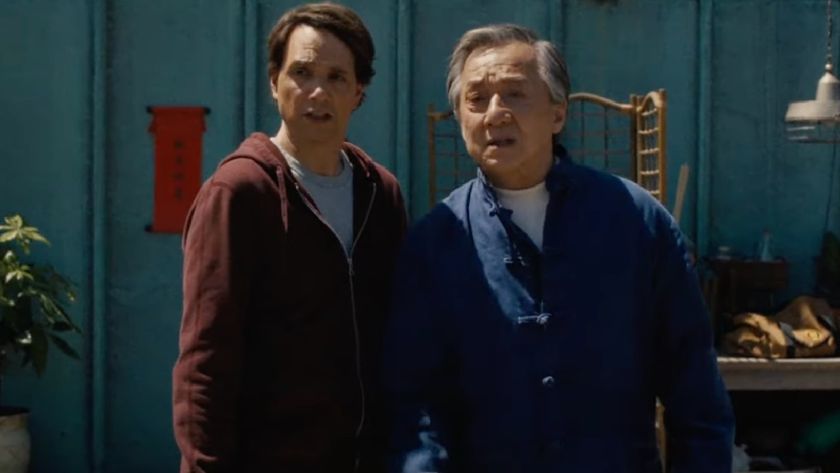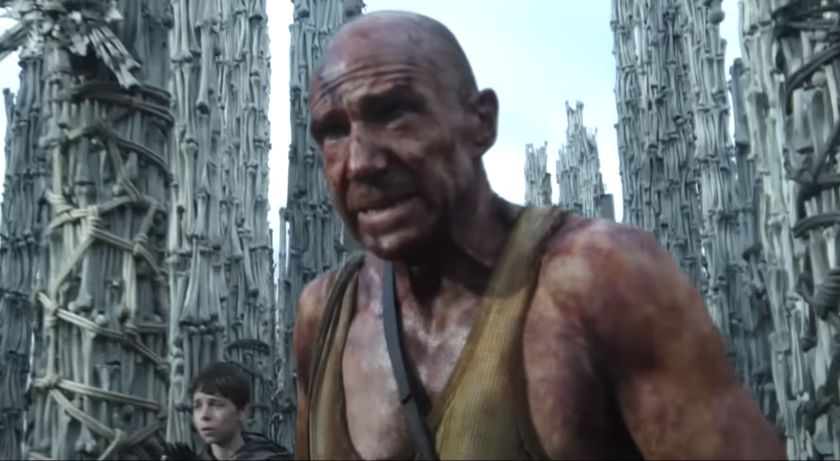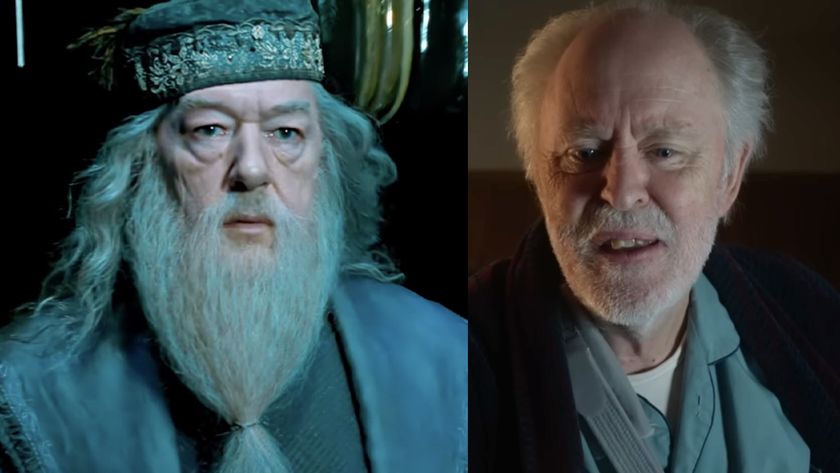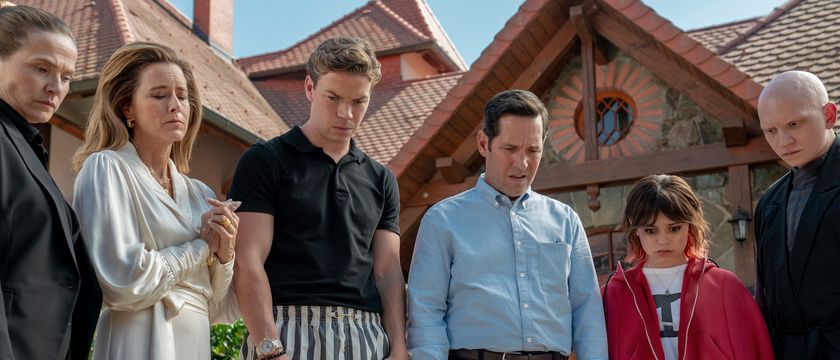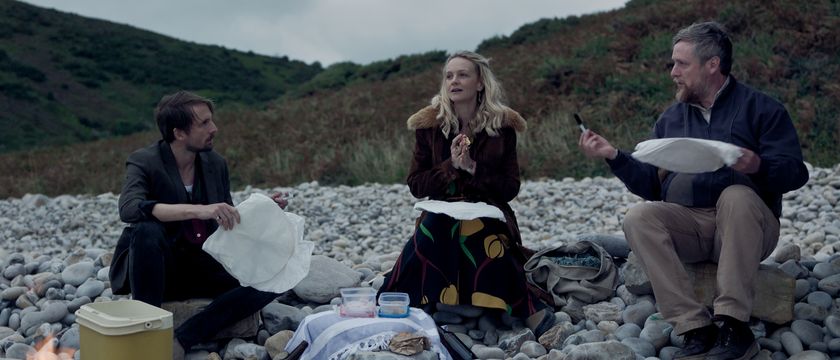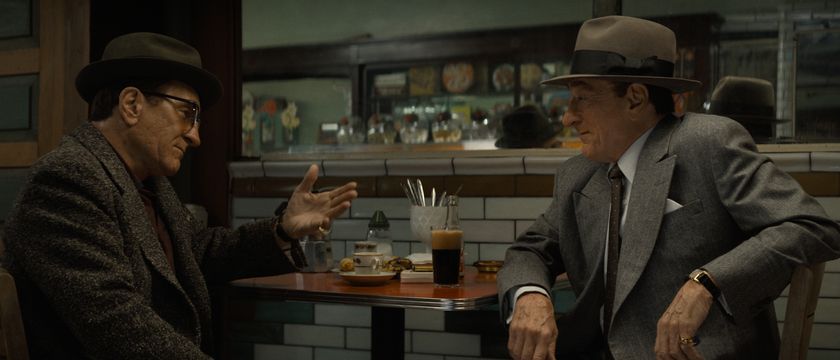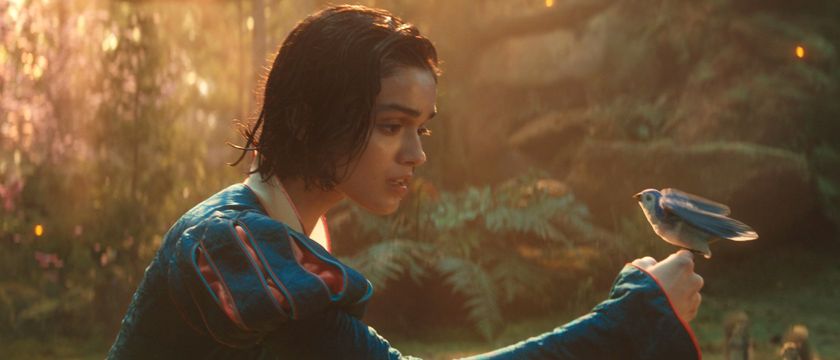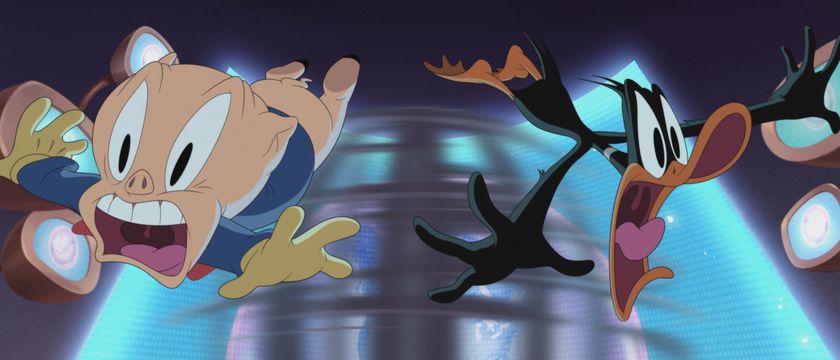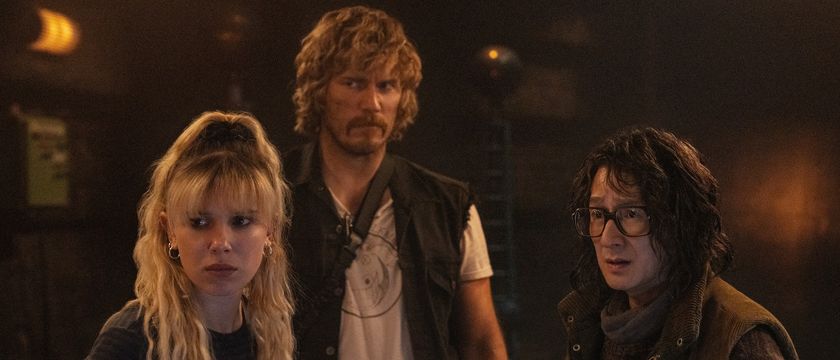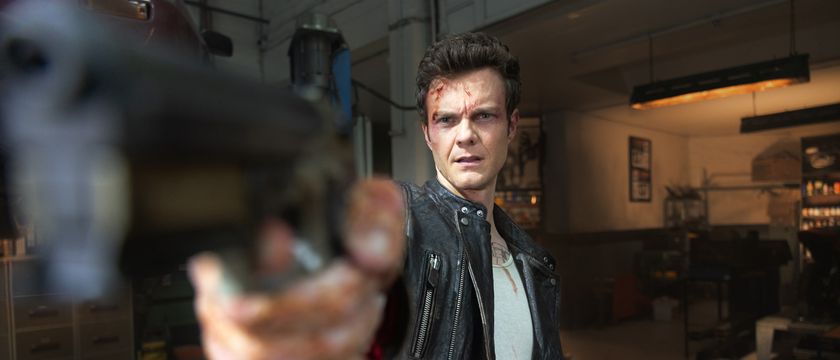Cinema possesses the magic of transporting audiences to worlds that they've never seen before -- but sometimes those worlds actually exist within our own. With a story to tell and ideas to study, films can explore areas and contexts that would otherwise be alien, and expose them to the world. Centering his focus on life growing up as a black man in an impoverished Florida neighborhood, director Barry Jenkins has done just that with Moonlight, and in doing so has crafted one of the greatest films of the year.
Moonlight, based on a story by Tarell Alvin McCraney and written by Jenkins, is a coming-of-age movie split into three distinct acts, following a young man through stages of his life as he grows up poor and bullied in Miami, Florida from adolescence to young adulthood. Portrayed by three different actors in the narrative as we meet him at different ages, Little a.k.a. Chiron a.k.a. Black (Alex Hibbert, Ashton Sanders, Trevante Rhodes) must deal with the challenges of having a drug-addicted mother and the societal pressures of being black, all while also experiencing feelings that keep him isolated and disconnected.
If that plot description reads as a bit vague, it's on purpose, both because Moonlight is a challenge to sum up, and because there is something extra to the experience of not knowing anything and watching it all unfold as the story plays out. It works within a very defined three act structure, and in the name of verisimilitude doesn't take any huge leaps or swings -- always staying very grounded and real -- but in doing so highlights character and relationships above all else and creates something unique and special. Coming together with a pace that is deliberate but never sluggish, it's a beautifully human cinematic experience, and something to behold.
Because of the nature of the narrative, the film is an unusual vehicle for its performances, as the time jumps make it so that only one actor appears in all three segments (Naomi Harris as Little/Chiron/Black's mom), but that merely just sets it up to deliver incredibly powerful punches courtesy of some incredible talents -- from both newcomers and veterans. Splitting up time in the lead role, Hibbert, Sanders and Rhodes are all astonishing in their own right, each bringing completely different yet authentic shades to Little/Chiron/Black as the audience watches him grow up (which is fitting given that they never met each other during filming). Also adding vital pieces to the puzzle, however, is an amazing supporting cast, as Harris is rage-inducing, heartbreaking and brilliant as Paula; while Janelle Monáe and Andre Holland do tremendous work with limited screentime -- respectively playing a woman who looks after Little when he is a kid, and the adult version of the lead's best friend, Kevin.
Of the brilliant cast, though, deserving special recognition is Mahershala Ali -- who plays Juan, a drug dealer who finds and cares for Little after learning about his rough home life. He is magnificent in taking on a paternal role, teaching the young kid to swim and telling stories about his past; but all of that also comes weighted with the fact that he sells crack to Paula, giving his relationship with the boy a difficult and complex dynamic. It's this dynamic that ultimately leads to the most powerful scene in Moonlight... and without giving away anymore, if Ali doesn't win the Best Supporting Oscar for his performance, I will literally eat my shoe Werner Herzog-style.
What's unequivocally most exciting about Moonlight is the arrival of Barry Jenkins. Following his 2008 micro-budget indie Medicine For Melancholy, the new film is the writer/director's sophomore effort, and it's a stunner not just as a story but in its artful presentation. The harsh environment in which Little/Chiron/Black grows up is an absolutely vital part of the story being told, and it's incredibly captured with aggressive, intense and unflinching cinematography -- but that's also not the whole story. Finding your own place in the world and the beauty within it is equally an important theme in the movie, and it comes out in magnificent photography, with particularly stunning use of the color blue.
With an up-and-coming director and an unconventional story to tell, Moonlight really came out of nowhere this season, but it's a phenomenal surprise. It has a specific and unique story that it wants to tell, and it's expressed as a cinematic poem and an incredible piece of art. This isn't a movie that will be disappearing any time soon, but as it's one of the best films of the year, you should be in a rush to see it.

Eric Eisenberg is the Assistant Managing Editor at CinemaBlend. After graduating Boston University and earning a bachelor’s degree in journalism, he took a part-time job as a staff writer for CinemaBlend, and after six months was offered the opportunity to move to Los Angeles and take on a newly created West Coast Editor position. Over a decade later, he's continuing to advance his interests and expertise. In addition to conducting filmmaker interviews and contributing to the news and feature content of the site, Eric also oversees the Movie Reviews section, writes the the weekend box office report (published Sundays), and is the site's resident Stephen King expert. He has two King-related columns.

